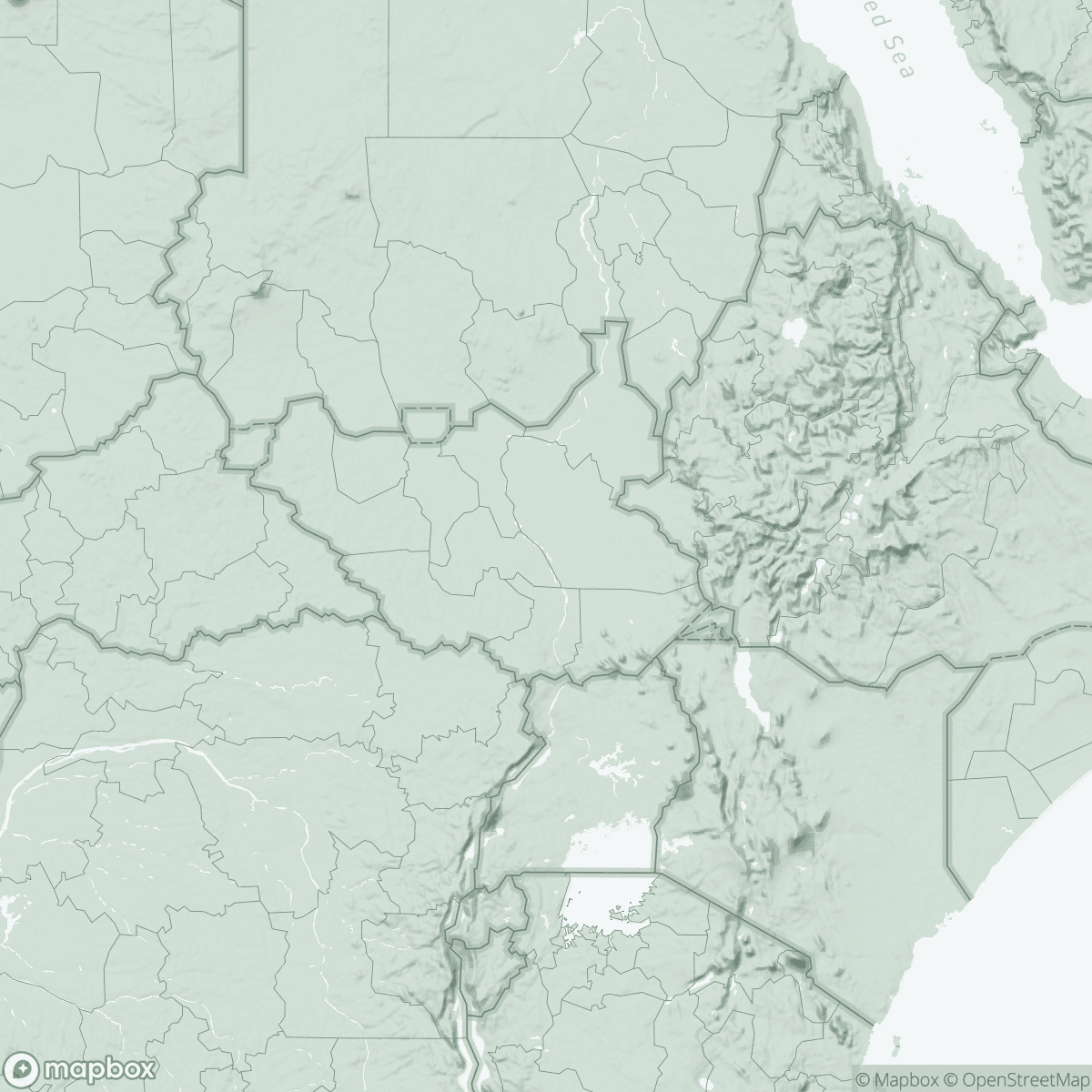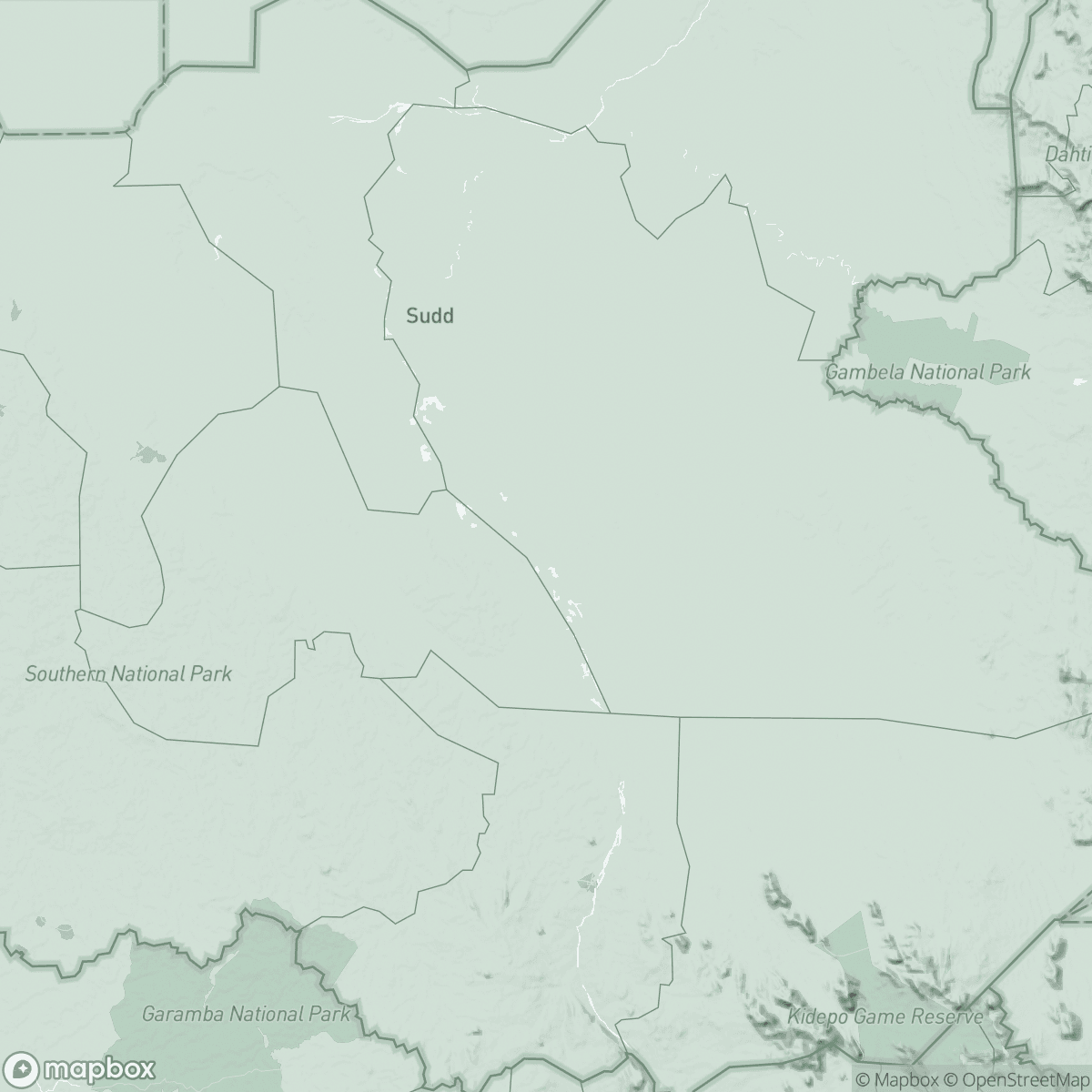
Violence and cholera ravage Northeastern South Sudan, impacting Western Ethiopia
In 1 click, help us spread this information :
A humanitarian crisis is rapidly unfolding on both sides of the South Sudan-Ethiopia border, as escalating violence, displacement and a widespread cholera outbreak are pushing communities to the brink, Médecins Sans Frontières (MSF) warns.
Clashes between government forces and armed groups, which initially began in Upper Nile State, now risk spreading to other parts of the country, while across the border, Ethiopia's Gambella region is experiencing the effects of this violence. According to the United Nations, approximately 10,000 displaced people have crossed into Ethiopia since the beginning of March.
We have already witnessed how this violence has fuelled the spread of cholera in several areas, but a larger, escalating conflict could push the entire country into an unprecedented humanitarian catastrophe,” says Zakaria Mwatia, MSF Head of Mission in South Sudan.
We urgently call on all parties to the conflict to ensure the protection of civilians, healthcare workers, and medical facilities, and to grant unhindered access for humanitarian and medical assistance, in line with international humanitarian law.”

South Sudan has been grappling with cholera outbreaks across various parts of the country since last year. The latest wave, which began in Upper Nile State, is now spreading further into neighbouring Jonglei state, the Greater Pibor Administrative Area, and across the border into Ethiopia’s Gambella region, where MSF teams are working to treat patients amid the surge in cases.
In Upper Nile State, MSF is treating those wounded in the violence and supporting cholera treatment facilities in Ulang, Malakal and Renk counties. In Jonglei State, MSF is responding in Lankien as well as in Akobo, where a 100-bed cholera treatment unit set up by MSF in Akobo County Hospital has treated over 300 patients in just over two weeks. MSF is also responding in Pibor town in the Greater Pibor Administrative area. Since the beginning of March, MSF teams have treated over 1,000 cholera patients across South Sudan and received over 30 patients wounded in the violence.
Ruach Riek Chuol was admitted to MSF hospital in Ulang with injuries he sustained in the violence.
My goods and property for my business were all burned inside the house,” he says. “Everything was destroyed in the fire, including the house where I was.”
In Ethiopia's Gambella region, MSF in collaboration with the Ministry of Health has treated over 560 cholera patients since the start of the response in early March, in its Cholera Treatment Centre and units (CTC/CTUs) in Mattar, Moan and Burbeiye with a capacity of 100 beds. MSF is also running oral rehydration points and conducting water, sanitation, and hygiene (WASH) and community-based activities including door-to-door cholera awareness and water purification efforts, reaching over 5,000 people across multiple locations. In addition to cholera treatment, MSF teams have also provided medical care to 160 patients wounded in the clashes in South Sudan.
I came here because back home in Nasir, people are being killed," said a South Sudanese mother who recently arrived in Burbeiye, Ethiopia.
"I came here because back home in Nasir, people are being killed," said a South Sudanese mother who recently arrived in Burbeiye, Ethiopia.
The situation is rapidly deteriorating as thousands fleeing violence in South Sudan are crossing the border to seek safety. In Wanthoa Woreda, a new encampment in Burbeiye has emerged almost overnight, with over 6,500 new arrivals reported by local administrators — many of them women, children, and the elderly, arriving after days of travel.

The displaced people are arriving in Gambella with little more than what they can carry," said Joshua Eckley, MSF Head of Mission in Ethiopia.
“Our teams are responding to the cholera outbreak and providing care to those arriving exhausted and in poor condition. There are significant needs, and without additional support, the situation could worsen.”
This crisis comes at a time when South Sudan and Ethiopia are facing major reductions in donor funding, including the recent USAID cuts. While MSF does not accept funding from the US government, the cuts in the humanitarian and health assistance would severely reduce capacity of other organisations to respond to such crises.
In places like Akobo in Jonglei State, the cholera response has been highly impacted by funding cuts, including closure of critical health services,” says Zakaria
"A number of mobile clinics have already shut down following US funding cuts, and some organisations that supported health facilities, including cholera treatment units, have suspended all activities. This is part of a broader trend across the country.”
The healthcare system in South Sudan suffers from chronic underfunding, shortages of skilled health staff, medicines and supplies, and has limited capacity to respond to emergencies. The country, already struggling to meet its own medical and humanitarian needs, is further burdened by the arrival of over one million people fleeing war in neighbouring Sudan.
Urgent support is needed to provide safe water, implement widespread cholera vaccination campaigns, and reinforce treatment capacity for both cholera patients and trauma cases.
“Disruptions in cholera treatment services, combined with reduced actors’ capacity to support oral vaccination campaigns, heighten the risk of further spread.
We urge donors to allocate emergency funds for emergency response in South Sudan and neighbouring Ethiopia amid this escalating crisis,” Zakaria adds.



